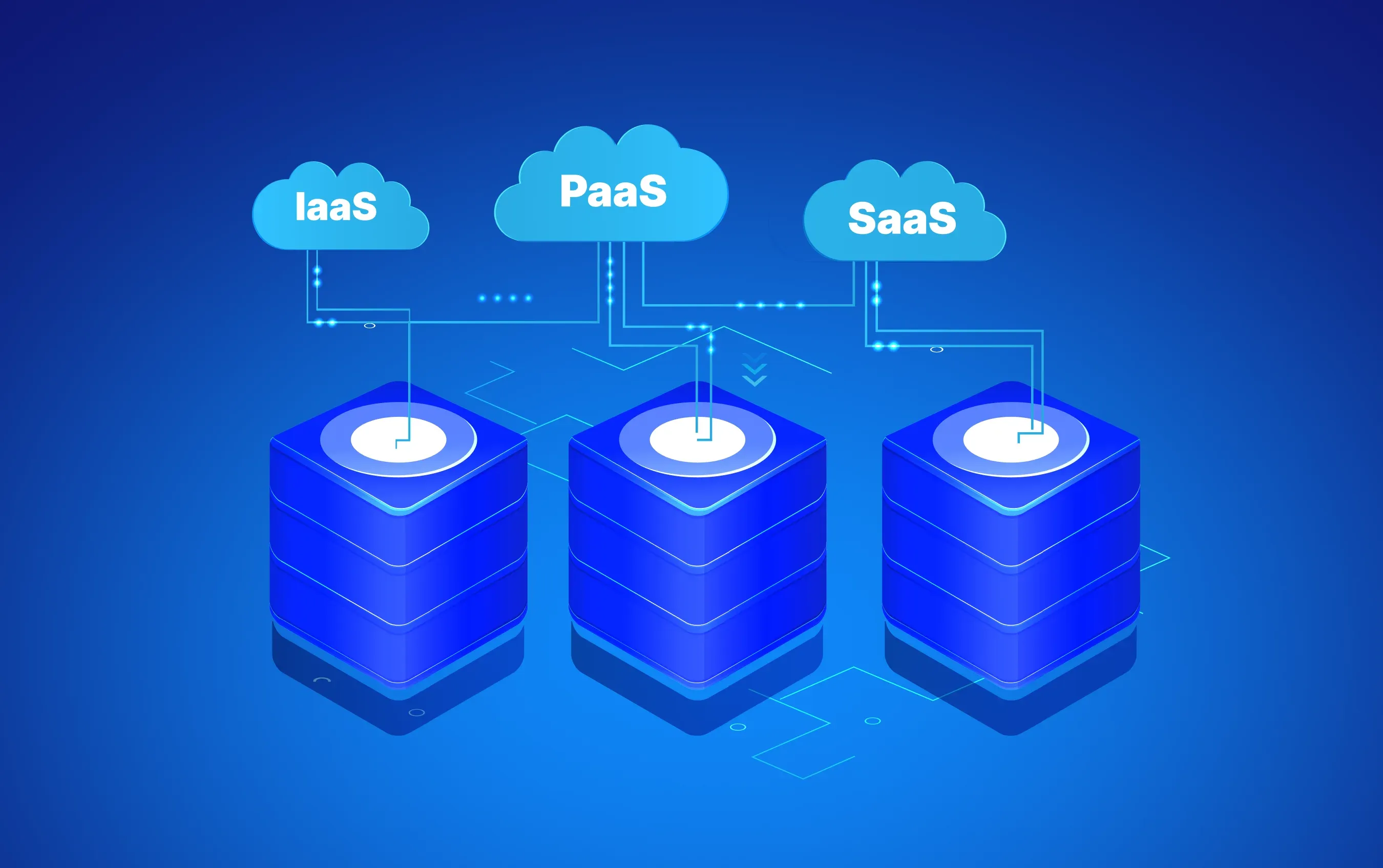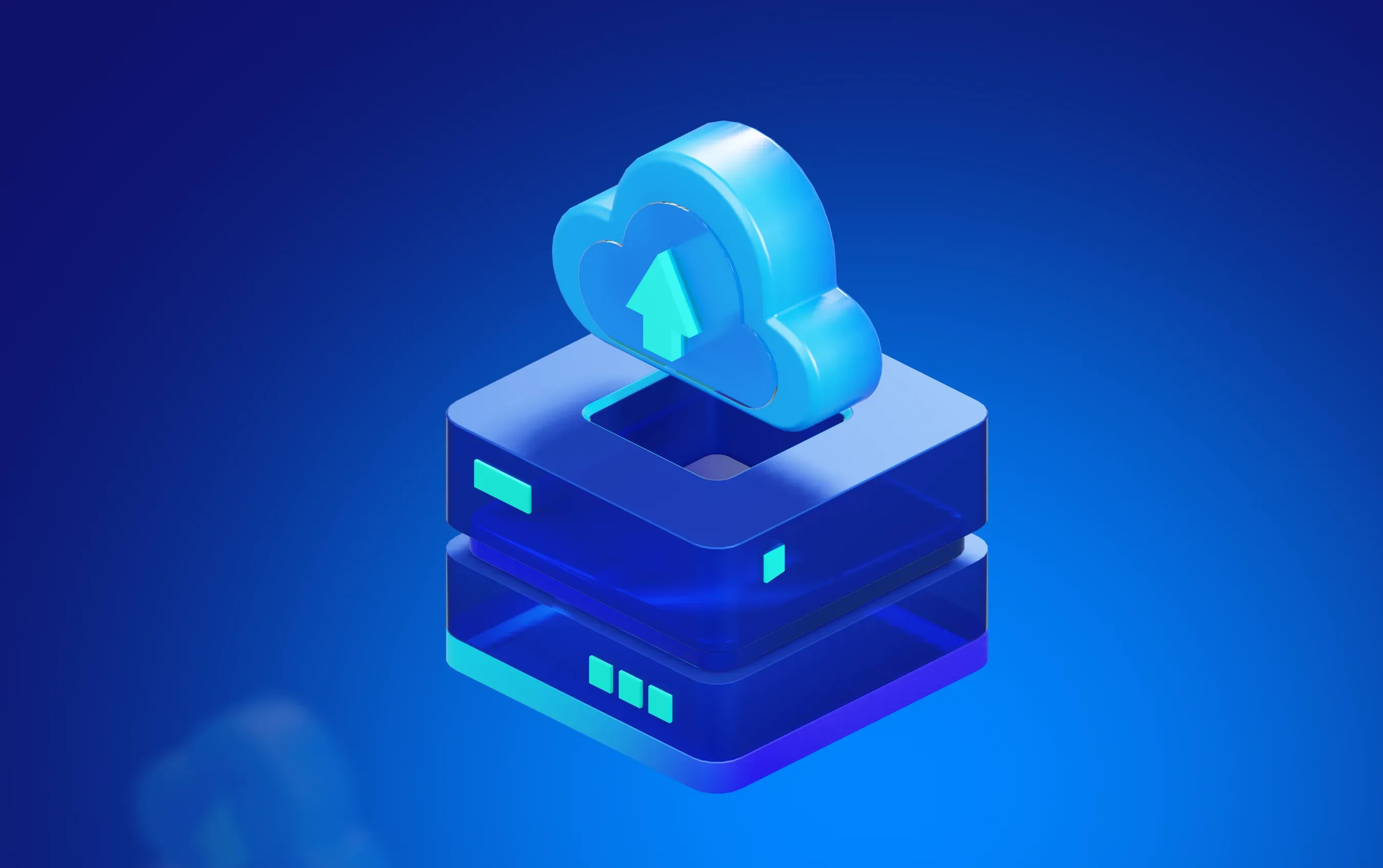In diesem Artikel

Blockchain technology in healthcare uses decentralized, tamper-proof ledgers to record, verify, and share sensitive data without needing third-party control. It can manage data such as electronic health records (EHRs), prescriptions, lab results, or consent forms.
Blockchain in healthcare enhances security and privacy for patient data, solves healthcare interoperability issues, gives patients more control and consent over their data, and reduces fraud while increasing transparency.
Blockchain addresses security concerns with end-to-end encryption, distributed access control, and immutable logs. Patients can grant or revoke access to their data through private keys, reducing exposure and improving transparency.
Key blockchain use cases in healthcare include Electronic Health Records (EHRs) and secure data sharing, pharmaceutical supply chains, clinical trials and research verification, and claims processing and smart insurance contracts.
Blockchain ensures end-to-end traceability in pharmaceutical supply chains, tracking each unit from manufacturer to pharmacy. This helps in reducing counterfeit drugs and ensuring the authenticity and delivery data of medications.
The future of blockchain in healthcare includes market growth and increased integration with AI and IoT, the rise of decentralized identity systems, cross-border interoperability, and the use of smart contracts for insurance and clinical trials.
Challenges include complex regulatory environments, infrastructure and integration issues with legacy systems, and performance and scalability limitations of public blockchains.
Blockchain matters in healthcare now because it increases security, transparency, and control, reduces fraud and inefficiencies, and offers a way to rebuild healthcare’s digital infrastructure on more ethical, efficient, and trustworthy foundations.
Vorherige Einsicht





